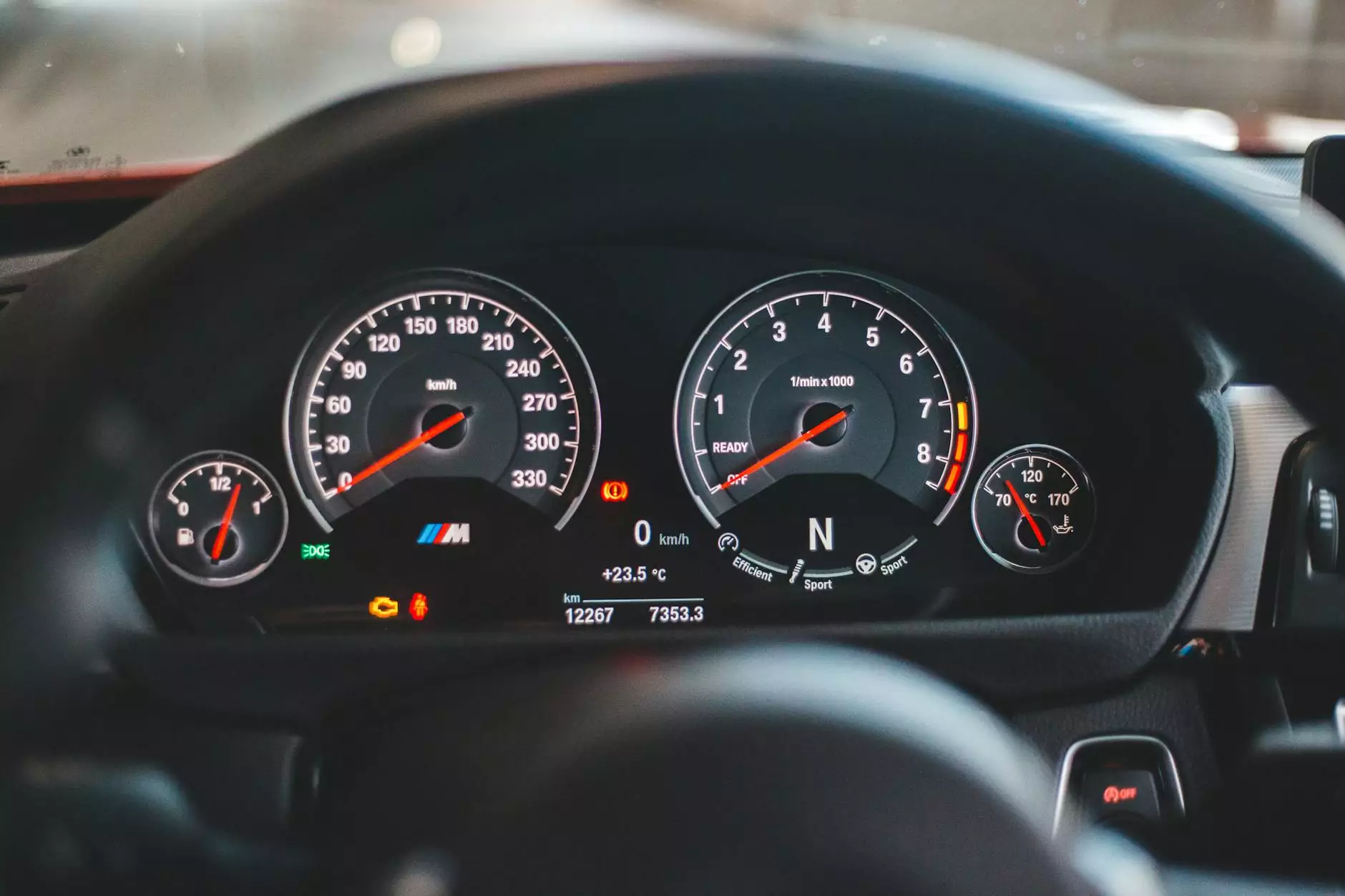Buying a Fuel Pump: Everything You Need to Know

In the world of diesel engines, the fuel pump is a critical component that ensures your engine operates smoothly and efficiently. If you are in the market to buy a fuel pump, it’s essential to understand the various aspects surrounding this crucial part of your diesel engine. This guide will provide you with a deep dive into fuel pumps, their functionality, types, and factors to consider when making a purchase.
Understanding the Importance of a Fuel Pump
The fuel pump serves a fundamental role in the diesel engine's operation. It is responsible for transporting fuel from the fuel tank to the engine’s injectors. A malfunctioning fuel pump can lead to inefficient engine performance, reduced fuel economy, and eventually significant engine damage. Therefore, understanding when and why to buy a fuel pump is vital for any diesel engine owner.
Key Functions of a Fuel Pump
- Fuel Delivery: The primary role of a fuel pump is to deliver fuel at the right pressure to the injectors, ensuring optimal combustion.
- Fuel Filtering: Many fuel pumps also have filtering capabilities that help eliminate contaminants from the fuel before it reaches the engine.
- Pressure Regulation: A fuel pump maintains the necessary fuel pressure, adjusting according to engine needs.
Types of Fuel Pumps
When considering to buy a fuel pump, it’s essential to know the different types available, as each type has unique characteristics and applications:
1. Electric Fuel Pumps
Electric fuel pumps are the most common type used in modern diesel engines. They operate using electric motors to draw fuel from the tank and deliver it to the engine. Electric pumps are known for their efficiency and reliability.
2. Mechanical Fuel Pumps
Mechanical fuel pumps are typically found in older diesel engines. They operate using engine vacuum or drive mechanisms. Though they are less efficient than electric pumps, they have simple designs that often require less maintenance.
3. Inline Fuel Pumps
Inline fuel pumps are designed to be installed outside the fuel tank. They are often used in vehicles that need a higher fuel flow rate and are characterized by their ability to handle high pressures.
4. Submersible Fuel Pumps
Submersible pumps are located inside the fuel tank and are submerged in fuel. They are quiet and efficient, making them ideal for passenger vehicles.
Signs You Need to Buy a New Fuel Pump
Identifying when to buy a fuel pump can help prevent larger problems down the line. Here are some common indicators that your fuel pump may be failing:
- Engine Stalling: If your engine frequently stalls, especially during acceleration, it could indicate a failing fuel pump.
- Difficulty Starting: Hard starting or having to crank your engine for extended periods can signal fuel delivery issues.
- Decreased Fuel Efficiency: A drop in fuel efficiency may be a result of an underperforming fuel pump.
- Noisy Operation: A loud or unusual noise coming from the fuel tank may suggest that your fuel pump is malfunctioning.
Factors to Consider When Buying a Fuel Pump
When you're ready to buy a fuel pump, several factors will influence your decision. Paying attention to these will ensure you select a high-quality component suited for your diesel engine:
1. Compatibility
Ensure that the fuel pump you choose is compatible with your specific engine make and model. Check the specifications and confirm that the pump meets the necessary requirements for your engine.
2. Brand Reputation
Opt for well-known and trusted brands when purchasing parts. Quality manufacturers tend to offer better warranties and customer support, ensuring a reliable product.
3. Performance Specifications
Look for performance ratings, including flow rate and pressure output, to ensure the fuel pump can adequately support your engine's needs. An underperforming pump can lead to engine issues.
4. Price Considerations
While price shouldn't be the sole element in your decision, ensure that you are getting value for your investment. Compare prices across various suppliers, like Client Diesel, to find a competitively priced option without sacrificing quality.
5. Warranty and Return Policy
Always check for warranty options and return policies. A robust warranty can provide peace of mind, while a solid return policy protects your purchase in case of any compatibility issues.
Where to Buy a Fuel Pump
When considering where to buy a fuel pump, you have several options:
- Online Retailers: Websites like Client Diesel offer a wide range of fuel pumps and parts, providing detailed specifications and customer reviews.
- Local Auto Parts Stores: Visiting local parts shops can give you immediate access to parts, allowing you to consult with knowledgeable staff.
- Dealerships: For OEM parts, check with your vehicle’s dealership, where you can find genuine fuel pumps designed for your specific engine.
- Specialty Shops: Consider specialty shops focused on diesel engines, as they usually carry high-quality parts and have in-depth product knowledge.
Installation Tips
After you've decided to buy a fuel pump and have the new part in hand, proper installation is crucial for optimal performance:
1. Gather Tools and Materials
Ensure you have all the necessary tools for the installation, including wrenches, screwdrivers, and possible safety gear. Consult your vehicle’s manual for any specific tools needed.
2. Follow Manufacturer Instructions
Carefully read the instructions that come with the new fuel pump. Different models may have unique requirements for installation.
3. Safety Precautions
Always disconnect the battery and relieve fuel system pressure before starting the installation. This will prevent any accidents or injuries.
4. Test the New Pump
After installation, it’s essential to test the new fuel pump to ensure it’s functioning correctly. Start the engine and check for leaks and sounds. If everything looks good, you’re ready to go!
Maintaining Your Fuel Pump
Proper maintenance of your fuel pump can extend its lifespan and ensure reliable performance:
- Regular Inspections: Periodically check the fuel system for leaks, pressure drops, and unusual noises.
- Replace Fuel Filters: Keep your fuel filters clean and replace them as recommended to prevent contaminants from causing pump wear.
- Avoid Low Fuel Levels: Consistently running on low fuel can cause the pump to overheat and lead to premature failure.
Conclusion
Deciding to buy a fuel pump is a significant step towards maintaining your diesel engine’s performance. By understanding fuel pump types, functions, signs of failure, and proper maintenance practices, you are better equipped to make an informed purchase. At Client Diesel, we offer a range of high-quality diesel engine parts and fuel pumps tailored to meet your needs. Don’t compromise on your engine’s health; invest in a reliable fuel pump today!









